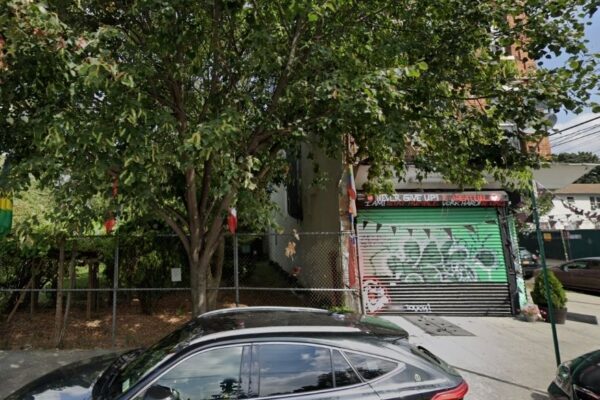T.R. Ludwig, chief executive officer of Brooklyn SolarWorks, was recognized in April for his contributions to the state’s transition to renewable energy.
Ludwig was recognized for his commitment to making renewable energy accessible for New York City residents, both technically and financially.
He is a key advocate and advisor for policies that support the development of solar in New York City and has worked alongside Mayor Eric Adams, tailoring his City
of Yes Carbon Neutrality amendments to relax restrictive zoning regulations that have historically impeded the installation of solar.
In addition, Brooklyn SolarWorks was commended for their patented solar canopy, which is specifically designed to maximize system sizes throughout New York City and other urban environments, by optimizing solar development on flat roofs and parking lots, the release said.
Ludwig said he was happy that the state has continued to offer net metering, a billing mechanism that allows solar array owners to to get credit for the energy they provide to the grid, as well as for maintaining several tax rebates and credits which allows residents to afford solar systems.
“This has all created certainty in the market,” he told BK Reader.
Moving forward, Ludwig said he would like to see legal changes that would allow residents to store the solar energy they produce on their own property. By allowing the installation of energy storage systems and batteries, it will lower residents’ energy bills, especially during the winter, as costs are expected to rise over next several decades as more people install heat pumps.
“People should be able to install a Tesla Powerwall or any other energy storage system, otherwise I’m afraid we’ll start seeing cracks in the grid,” as demand exceeds supply, he said.

















Leave a Reply